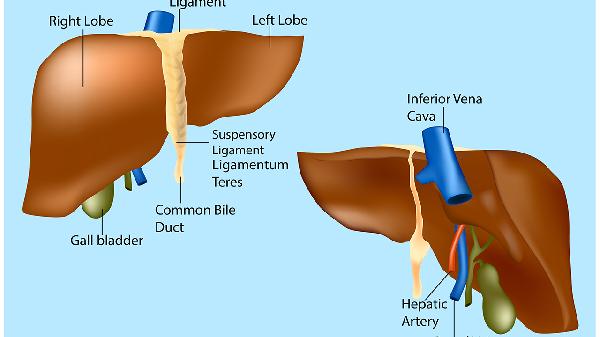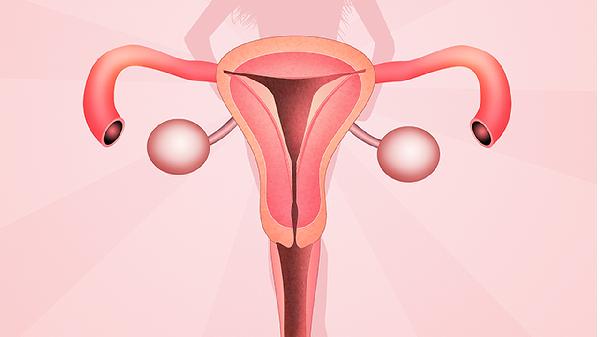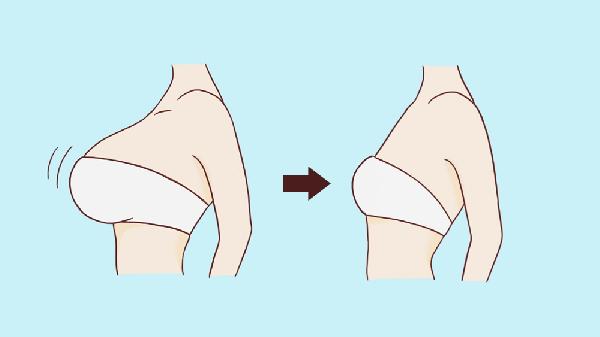Uric acid is the end product of purine metabolism. When uric acid levels rise in the body, it can have a significant impact on health, leading to both acute and chronic conditions such as hyperuricemia and gout. The adverse effects of elevated uric acid levels are substantial, so it's crucial to promptly recognize the signals of rising uric acid. What symptoms during urination indicate that uric acid levels are too high? Let's take a look below.
What symptoms during urination indicate that uric acid levels are too high?
1. Difficulty and pain during urination
When uric acid levels in the body are too high, uric acid crystals can form, leading to small stones. These small stones pass through the urethra with urine, causing significant difficulty during urination and even symptoms like frequent and urgent urination. While smaller stones may pass out of the body, larger ones can accumulate in the kidneys, forming kidney stones and leading to related complications. Additionally, if there is reduced or no urine output, urinary tract obstruction should be considered, which is also a consequence of elevated uric acid levels. If not treated promptly, it can progress to chronic kidney failure, with severe consequences.
2. Foamy urine
Foamy urine is a sign of proteinuria. While many believe proteinuria occurs only when the kidneys are damaged, elevated uric acid levels can also impair kidney function, leading to proteinuria. The kidneys are vital metabolic organs, responsible for filtering most of the body’s waste products, which are then excreted through urine. If uric acid levels rise, the kidneys can become damaged, eventually causing kidney dysfunction and proteinuria. Additionally, if the color of morning urine changes to a dark tea-like hue, it indicates significant kidney damage. Therefore, if persistent foam or color changes are noticed in urine, a urinalysis should be done to check uric acid levels.
3. Frequent nocturia
Most people do not wake up during the night to urinate, and even if they drink too much water or have other reasons, nocturia typically does not exceed twice. If frequent nocturia occurs every night, it may be a sign of gouty nephropathy, which is closely associated with elevated uric acid levels. Therefore, when frequent nocturia appears, aside from considering prostate-related issues, kidney function and uric acid levels should also be checked.
Elevated uric acid levels can lead to various diseases, with gout being one of the most typical. Gout attacks are extremely painful and difficult to endure. Thus, when uric acid levels rise, it’s essential to take timely measures to control them, thereby preventing gout flare-ups.
























